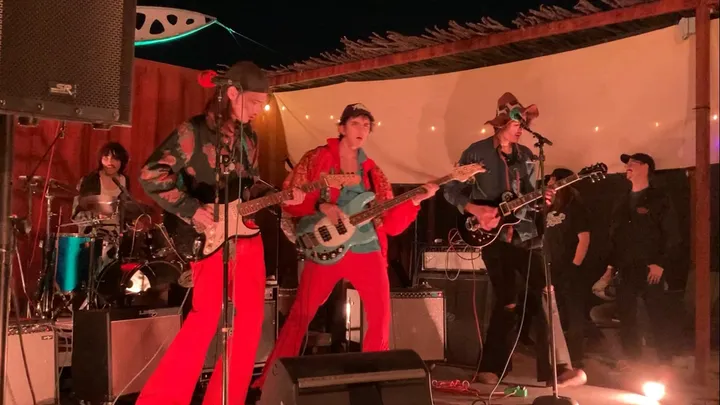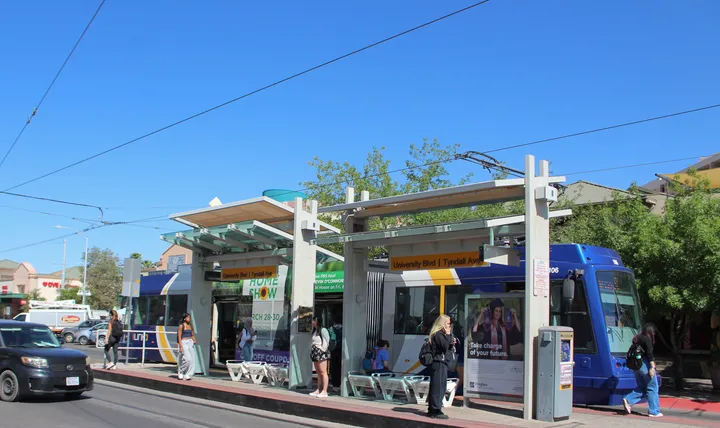Tucson pushes to protect culinary heritage despite funding setbacks
Tucson’s ¡Somos Uno! initiative is advancing efforts to preserve the city’s rich culinary and cultural heritage despite ongoing funding challenges.
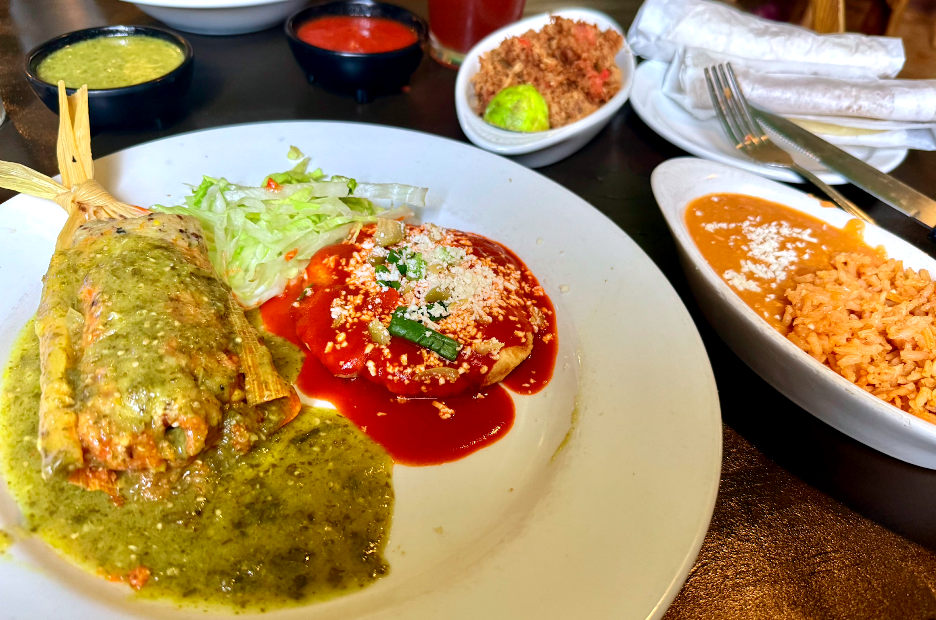
Laine Kowalski / University of Arizona School of Journalism
Six months after its adoption, Tucson’s ¡Somos Uno! initiative is gaining momentum in preserving culinary heritage, supporting local food businesses and elevating overlooked cultural traditions, despite early funding setbacks.
From recipes that feature Indigenous desert plants to Mexican street food and modern Southwestern fusion, the city of Tucson’s culinary landscape is as layered as its history.
Through ¡Somos Uno!, city leaders are working to ensure this diverse culinary heritage is not just celebrated, but sustained for future generations. The plan outlines a solution for protecting and promoting the food traditions that define life in Southern Arizona.
Launched as an initiative in 2023 and adopted as a strategic plan in January, ¡Somos Uno! is a comprehensive cultural heritage strategy spearheaded by Mayor Regina Romero and the Office of the City Manager.
The initiative is rooted in a desire to document and preserve the rich artistic, historic and culinary traditions that shape Tucson's identity, while also serving as a tool for social and economic progress.
Romero described the plan as a labor of love at the time of its adoption, noting it marks the city’s first coordinated cultural strategy.
“We need to make what Tucson has to offer the world more known, especially with its unique history and environment,” Romero said.
Tucson was designated the United States’ first UNESCO City of Gastronomy in 2015, setting the foundation for a more intentional focus on food heritage. Now, ¡Somos Uno! leadership is building upon these efforts by framing food preservation as a scalable and replicable solution with potential long-term impact.
“We worked with an incredible group of representatives of our cultural assets in a series of workshops to provide recommendations and give feedback on drafts to help brainstorm the ¡Somos Uno! strategy,” said Tucson City of Gastronomy Executive Director Jonathan Mabry.
Tucson City of Gastronomy is a nonprofit that works to grow a sustainable desert community by supporting the city’s creative food cultures.
Mabry said TCG supports local food businesses and entrepreneur-certified endorsed restaurants. It trains and sends chefs around the world, promotes Tucson’s food internationally and partners with local organizations in the process.
“Working with ¡Somos Uno! is expanding on that work being done to preserve our local food system,” Mabry said.
Although the plan has strong support from the city and culinary community, implementation has been limited by funding constraints.
In March, Proposition 414, which would have supported the plan’s launch, was overwhelmingly rejected by voters.
Despite that, local leaders say the groundwork has been laid through months of preliminary research and community input. The ¡Somos Uno! State of Culture report, published in 2024, documents an 11-month research phase involving more than 2,000 residents and community leaders, including a sector-specific culinary workshop led by local chef Carlotta Flores.
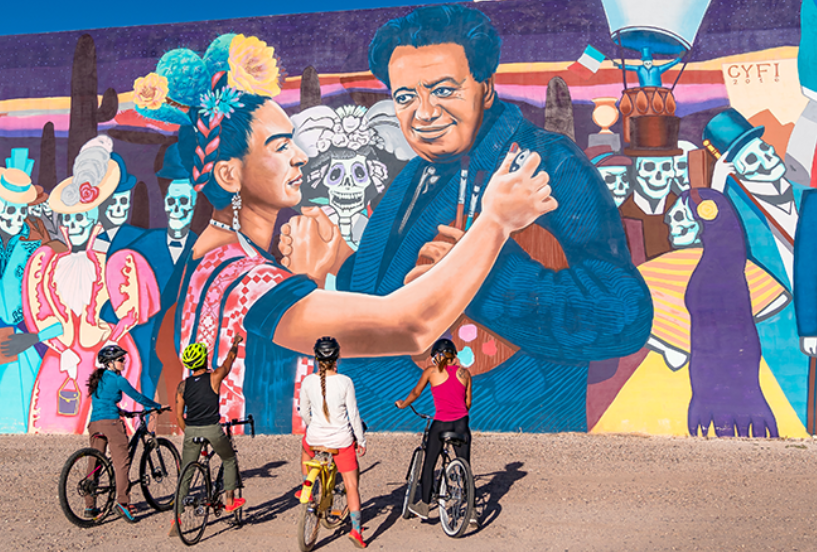
Flores, executive chef and owner of El Charro Café, the country’s longest-running family-owned Mexican restaurant, said the workshops emphasized the importance of intergenerational knowledge sharing.
“When we talk about gastronomy and food, we’re really talking about a time where everything had meaning, from desert plants to old family recipes,” Flores said. “These things were done almost instinctively, like a grandma making chamomile tea for childbirth. It’s memory, tradition, healing and it can’t be forgotten or exploited.”
The local food and beverage sector supports more than 12,000 jobs and generates nearly $1.2 billion in annual sales, according to the State of Culture report. Combined with other cultural industries, the broader creative economy accounts for more than 52,000 jobs and $8.4 billion in business revenue. This data not only reaffirms the solution’s relevance but also provides measurable evidence of the role food heritage plays in sustaining Tucson’s economy.
To ensure the initiative succeeds, the plan doesn’t just highlight a promising idea; it outlines a concrete response to the systemic loss of tradition, shows evidence of food heritage’s impact and how it will be expanded, continues to explore funding limitations and provides insights for others to learn from and apply in their own communities.
A key focus of the initiative is sharing food preservation practices with underrepresented communities, where many of these traditions originated.
“Somos Uno and the City of Gastronomy together will do an excellent job of focusing on both home cooks and small enterprises in Tucson, not just the fancy, big-name restaurants,” said Lane Mandle, chief of staff for the Tucson City Manager. “We will continue to lift up every member of our community and make sure that we continue celebrating and promoting the most vulnerable because they are key to Tucson’s historical and cultural foundation.”
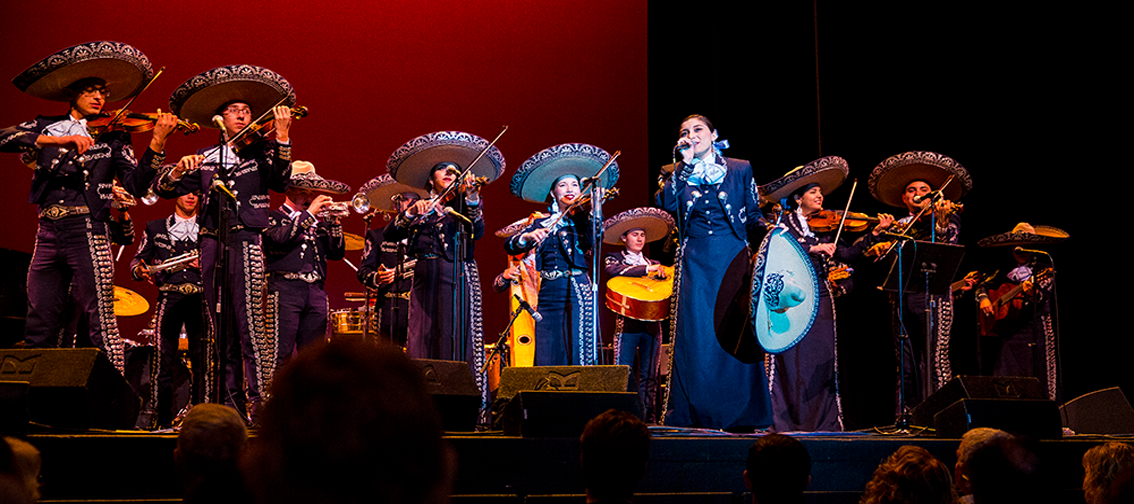
Programs included in the plan are heritage food startup labs, culinary certification programs, Chef Ambassador exchanges and educational workshops in partnership with organizations like Tucson City of Gastronomy.
These cultural strategy models were inspired by successful initiatives in cities like San Antonio and Chicago, which were studied during the research phase as part of an effort to identify replicable solutions.
San Antonio’s cultural heritage strategy helped preserve historic spaces while boosting community involvement and sustainability. Programs like the Living Heritage Trades Academy trained locals, restored buildings and supported affordable housing, all while engaging more than 11,000 people across the city.
A large portion of culinary heritage in Tucson originates from local Native Indigenous tribal practices, which is a preservation focus of ¡Somos Uno!, according to Flores.
The desert environment provides a wide range of ingredients historically used in the region, such as prickly pear. Cultural practices such as using the pads of the cactus in eggs or salads, or the fruit to create syrup used in margaritas and jams, are just a small example of what the initiative aims to preserve within modern society.
Despite the failure of Prop. 414, city officials remain confident that the plan will continue to be implemented in phases. Mandle said the city is actively exploring alternative funding mechanisms.
“We are seeing federal funding for the arts and creative sectors dry up very, very rapidly, but this plan is not going to just sit on a shelf,” Mandle said. “Tucson City of Gastronomy and the Arts Foundation for Southern Arizona just received large grants from the Mellon Foundation, so we’ll be looking for more communities like that to help fund the initiative.”
Laine Kowalski is a University of Arizona alum.
Tucson Spotlight is a community-based newsroom that provides paid opportunities for students and rising journalists in Southern Arizona. Please support our work with a paid subscription.

